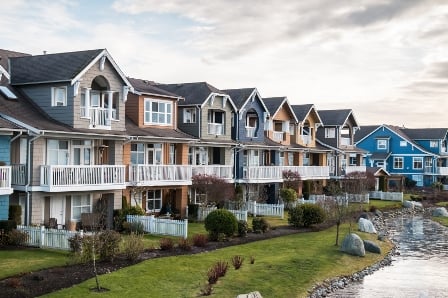REBGV president says that government needs to collect more precise data on B.C. transactions involving all property types

The Vancouver housing market’s price growth and sales volume have relatively slowed down since the B.C. government’s implementation of the 15 per cent foreign home buyers’ tax last year, but the levy’s actual impact on the residential and commercial segments remains unclear.
Real Estate Board of Greater Vancouver president Dan Morrison said that while it’s probable that investors have redirected their funds from residential to commercial properties in response to the tax, no data currently exists to conclude one way or the other.
“I would attribute it more to the economy than anything else,” Morrison told The Canadian Press.
NDP housing critic David Eby argued that this situation only underscores the need for the government to more diligently collect transaction data across all property types.
“As far as we know the province isn’t collecting any data about these sales. We're one of the few provinces that doesn't collect this type of information and we really need to know what is driving these prices,” Eby stated. “There are a lot of small businesses in his constituency facing huge property tax hikes because the perceived value of their property is higher. It's driving a lot of small businesses out of business.”
The statements came in the wake of data released on Monday (March 20) by the REBGV, which revealed that the value of commercial real estate sales in the Lower Mainland grew by 47 per cent in 2016, up to nearly $13 billion.
“It's really the confidence in the B.C. and Vancouver economy,” Morrison said. “It's no surprise that we see the same thing happen with commercial properties as has been happening for residential properties.”
The Board’s report also showed a 21-per-cent increase in commercial real estate sales volume last year.
Related stories:
Land shortage prompts surge in commercial real estate sales in B.C.
Available office space in Vancouver affected by commercial development cycle slowdown



